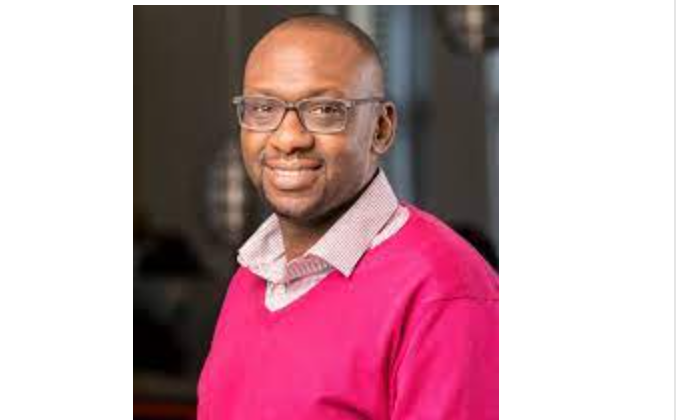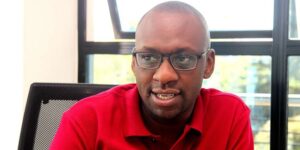
There are a lot of hustlers in the city that advertise themselves as wanting to be millionaires. Ken Njoroge dropped out of pharmacy school to pursue a degree in information systems management. He founded 3mice, a web development startup, with two buddies when he was 23 years old.
Some people may have made their first million, bought a car with nearly all of it, changed residences, and borrowed more to fund the following million.
In the face of televised business shows featuring ‘young rich’ and others featuring ‘entrepreneurs’ still growing college beards but making exaggerated financial claims, who exactly is a millionaire?
Njoroge co-founded Cellulant with a Nigerian friend, Bolaji Akinboro, a mobile commerce firm that organizes, delivers, and bills for digital content and commerce services delivered through telecom networks.
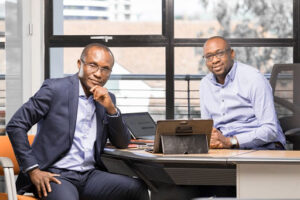
“The vision of Cellulant’s founders was to create a Fortune 500 company in Africa, out of Africa, and by Africans,” according to a statement on the company’s website. “Founded with KES300,000 and a credit card, the ideology of Cellulant’s founders was to create a Fortune 500 company in Africa, out of Africa, and by Africans.”
It has a footprint in 8 African nations and a four-year KES890 million contract to administer a discounted fertilizers e-mobile registration and validation system.
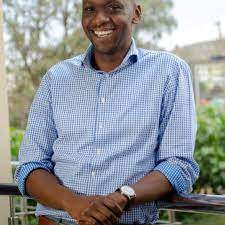
Among the Quartz Africa Innovators is Ken Njoroge.
“Africa’s ingenuity has progressed beyond simply making stuff and developing apps. The innovators were picked for their ground-breaking work, thought-provoking projects, and innovative problem-solving strategies. They’re all examples of what’s possible when we think outside the box to solve major problems.” —Yinka Adegoke, editor of Quartz Africa
Ken and Bolaji have created a company whose strategy incorporates community impact into every aspect of daily operations. Ken has spent the last several years educating and coaching the next generation of entrepreneurs, as well as helping to the expansion of Africa’s entrepreneurship ecosystem. Ken was named the first Sub-Saharan and Kenyan to get this honour.
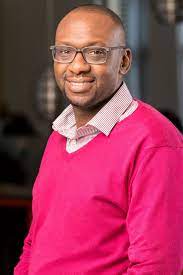
When Cellulant concluded a KES4.75 billion Series C investment spearheaded by TPG Growth’s Rise Fund, it made waves. It was the highest sum ever raised by a fintech at the time, indicating investor confidence in the company’s prospects.
Njoroge is adamant that the company has never been in a better position to realize its goals.
Through its wide-ranging payments system and solutions in Kenya and Nigeria, Njoroge has teamed with ImaliPay to facilitate payments for employees in the gig economy.
Tatenda Furusa and Oluwasanmi Akinmusire, both former employees of Cellutant, co-founded ImaliPay, a financial platform for digital workers.
The company has offices in Kenya, Nigeria, and South Africa and specializes in financial services for the gig economy.
According to a news release provided by Cellulant, the agreement will transform how gig workers get money and make the process of making and receiving payments for freelancers easier.
ImaliPay customers will be able to access financial services as a result of the cooperation, which is intended to enhance financial inclusion in Africa, particularly in the digital economy.
Cellulant, on the other hand, is “an ode to the conviction that Africa might construct great things,” according to Njoroge. The ambition we dedicated our life to was to build a solution on this continent, by Africans and for Africans, even in an area as westernized as technology.”
Questions regarding Africa’s ability to create long-term businesses arose during the brief period when these challenges coincided.


